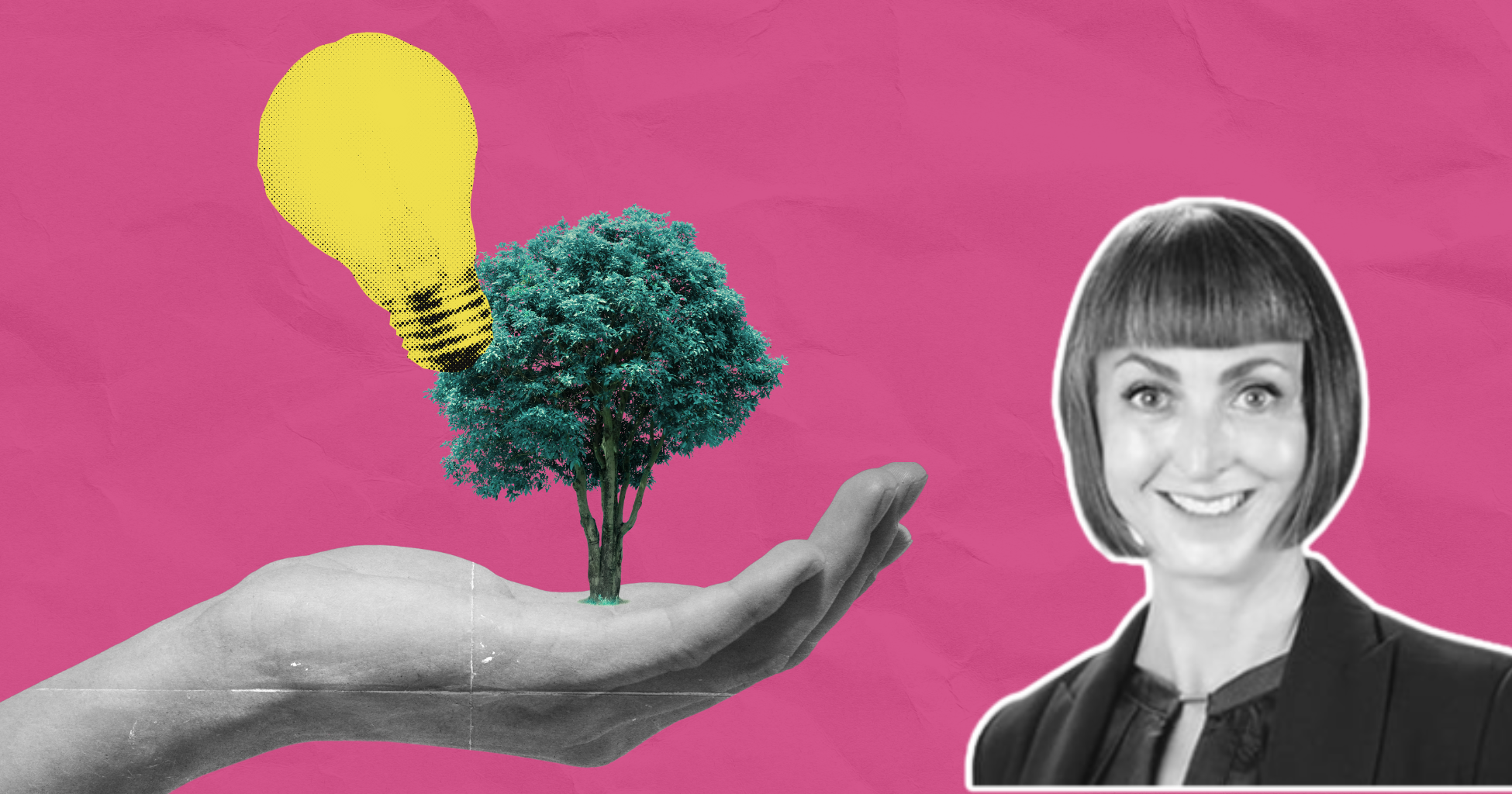The Circular Economy has become one of the most promising—and polarizing—frameworks for sustainable business transformation. On the one hand, we see bold visions: Zero Waste, endless, Reuse, Sustainable Growth. On the other hand, progress remains stalled: global waste continues to rise, recycling rates are flat, and most organizations are still entrenched in linear models.
-
The circular economy faces a critical tension between aspirational goals (circular utopia) and the many barriers to implementation (circular paralysis), requiring organizations to seek realistic pathways for transformation.
-
Discursive, relational, and material factors—such as overpromising innovation, power asymmetries, and technological challenges—must be addressed for organizations to move beyond stalled efforts and implement actionable change.
-
Ecosystem orchestration, new collaborations, and reflexive circularity grounded in both vision and material practice are essential for accelerating business transformations to the circular economy and for aligning sustainability ambitions with concrete impact.
"Organizations cannot make the circular economy a reality by operating in isolation—they require robust circular ecosystems, which often rely on a diversity of different actors, initiatives, and both private and public-sector involvement," says Darnall.
Read the full article.
